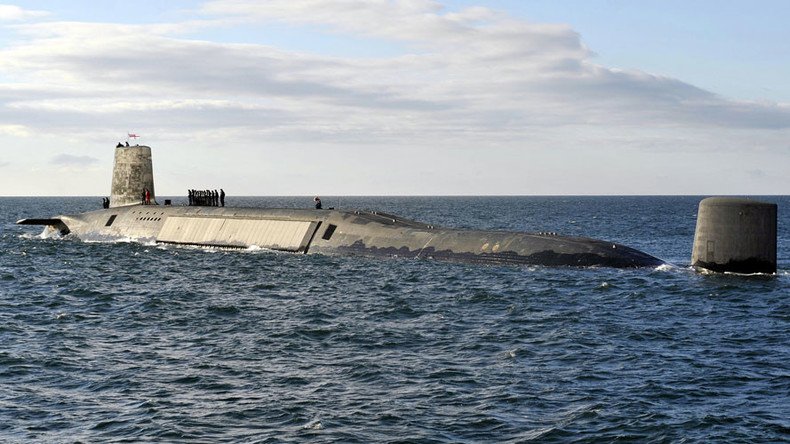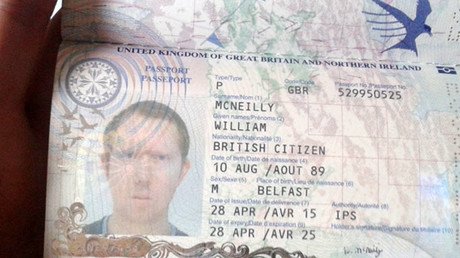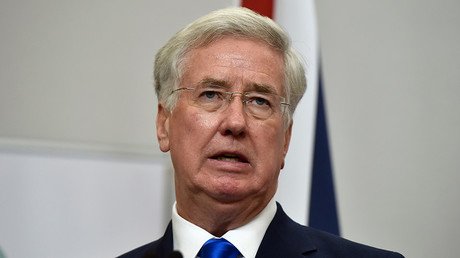Trident whistleblower tells RT he ‘witnessed 4 unreported missile test failures’

Royal Navy whistleblower William McNeilly leaked details about a number of serious test fire issues aboard Britain’s Trident nuclear submarine fleet a whole year before the June 2016 misfire that sent a missile careening towards the US.
McNeilly published a dossier highlighting a range of safety and security failures aboard Trident submarines in May 2015 – more than a year before the latest mishap.
The Royal Navy submariner was detained and quietly discharged in June of that year. Senior officers even sought to discredit McNeilly’s claims by portraying him as an ill-informed junior sailor.
Speaking exclusively to RT on Tuesday, McNeilly said he now feels vindicated.
“I warned about this exact event over a year before it happened. I was in the MCC / Missile Control Center during the end of patrol tests in early 2015 and I witnessed with my own eyes the Trident system fail its simulated missile launch tests.”
McNeilly claims to have seen Trident “fail 3 out of 3 WP 186 Missile Compensating Tests” first-hand. He also says a “Battle Readiness Test (BRT) was not even attempted due to seawater in the hydraulic system.”
The whistleblower’s comments come a day after the British government faced questions over a misfire incident that occurred in June of 2016, just weeks before a crucial Parliamentary vote on Trident’s renewal. The US government apparently requested that news of the defective missile be kept secret to prevent mutual embarrassment.
Citing his extensive technical training as a submarine weapons engineer, McNeilly said it was his job “to learn about missile tests, conduct missile tests, pass tests on missile tests, be in the Missile Control Center during missile tests…”
“I had missile tests signed off in my task book. They wouldn’t have been signed off in my task book if I didn’t know anything about them, and clearly I was proven to be right.
“The government attempted to cover up the failed missile test and they covered up all the other information in my Trident report.”
Trident dossier
In his 18-page dossier, released to WikiLeaks in May of 2015, McNeilly offered anecdotal evidence of potentially catastrophic failures that took place during a series of end-of-patrol “shakedown” tests, designed to see whether the weapons system “could have performed a successful launch.”
It was during one such end-of-patrol test that the June 2016 misfire took place.
According to McNeilly, the routine tests are vital to determining “if we really were providing the UK’s strategic nuclear deterrent.”
The test McNeilly witnessed was “carried out 3 times and it failed, 3 times.”
“Basically the test showed that the missile compensation system wouldn’t have compensated for the changes in weight of the submarine during missile launches. Which means the missiles would’ve been launched on an unstable platform, if they decided to launch.”
Other readiness exercises carried out at the end of the patrol also went wrong, claims McNeilly.
“Another test was the Battle Readiness Test (BRT), which proves that the muzzle hatches could’ve opened whilst on patrol,” said McNeilly, explaining that “the BRT was cancelled due to the main hydraulic system containing mostly seawater instead of actual hydraulic oil.”
McNeilly has accused the British government of “endangering the public and spending billions upon billions of taxpayers’ money for a system so broken it can’t even do the tests that prove it works.”














